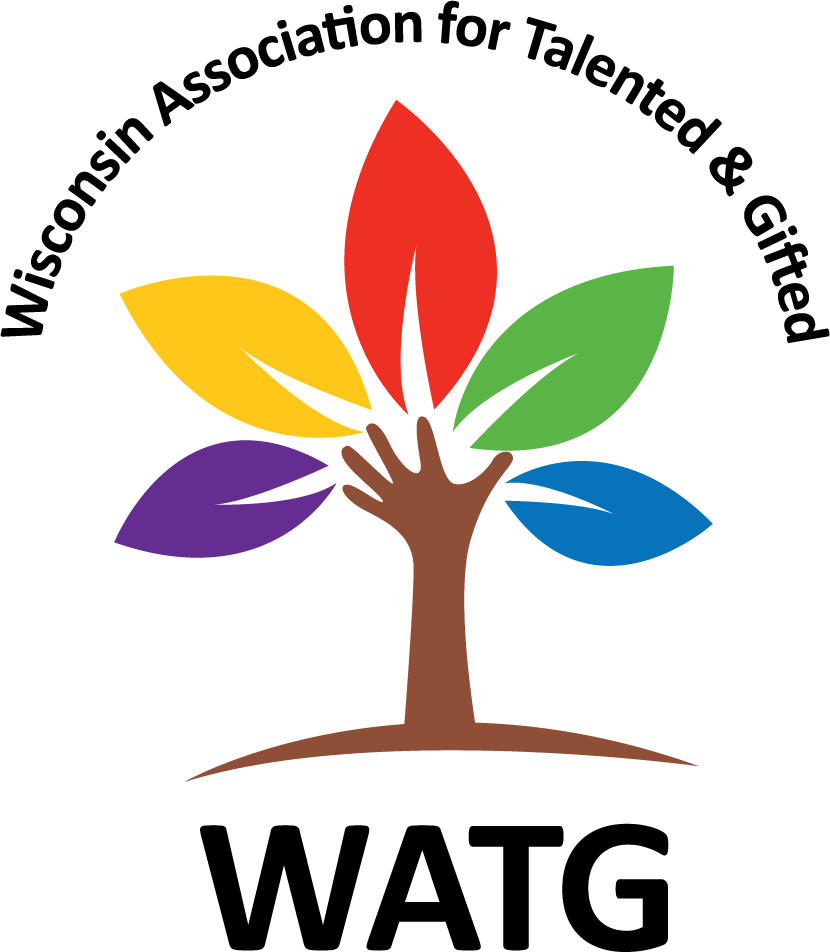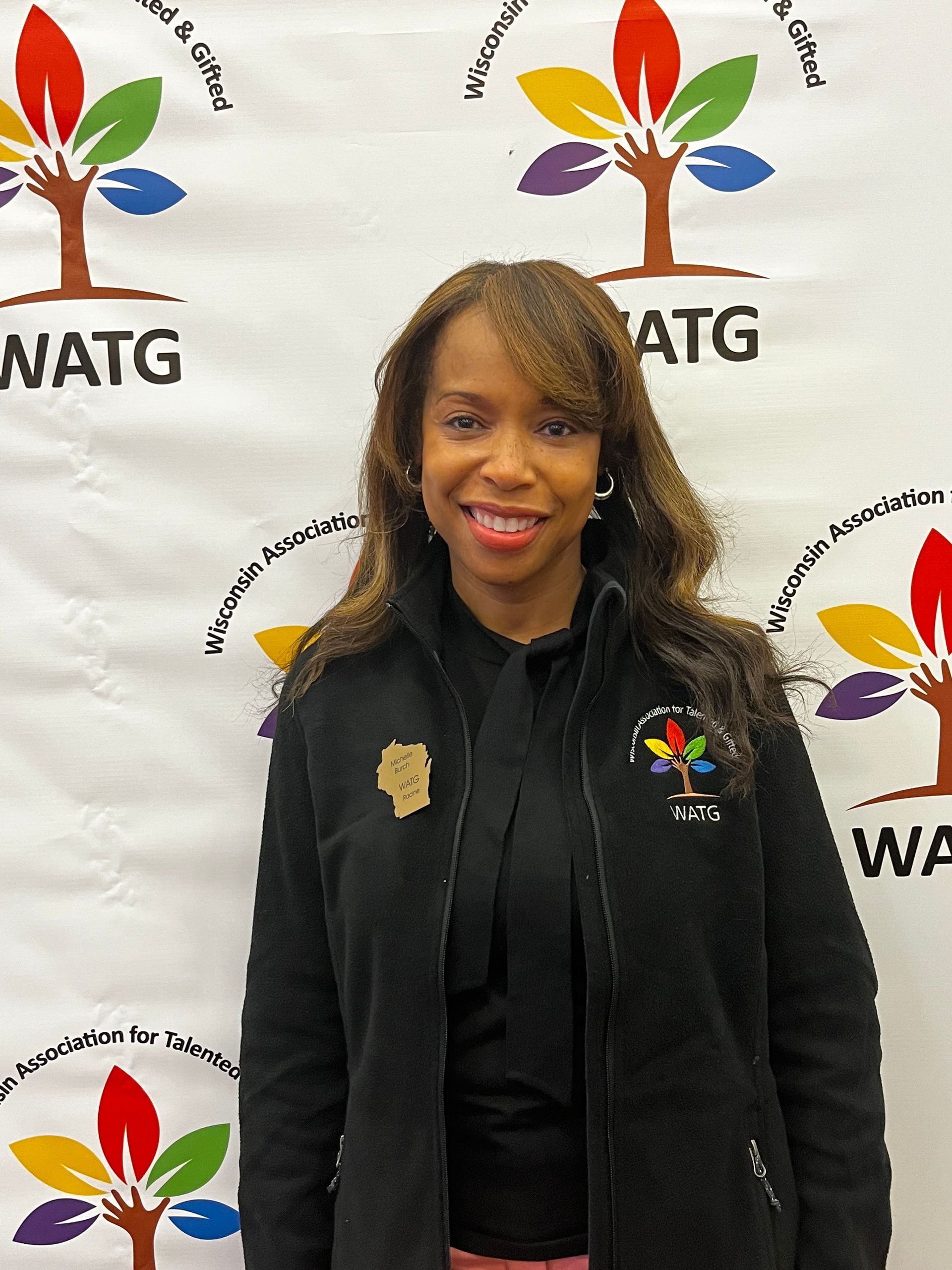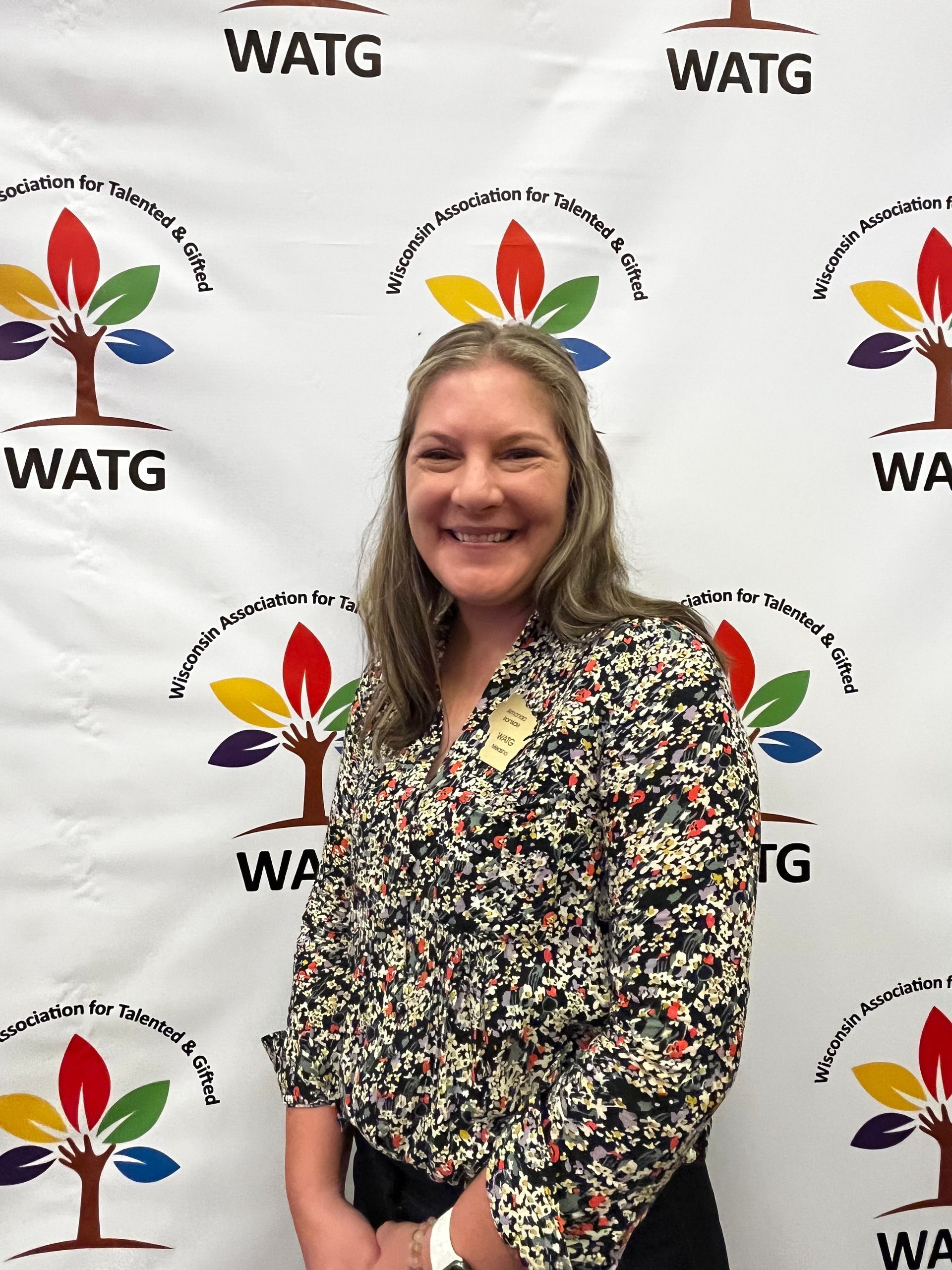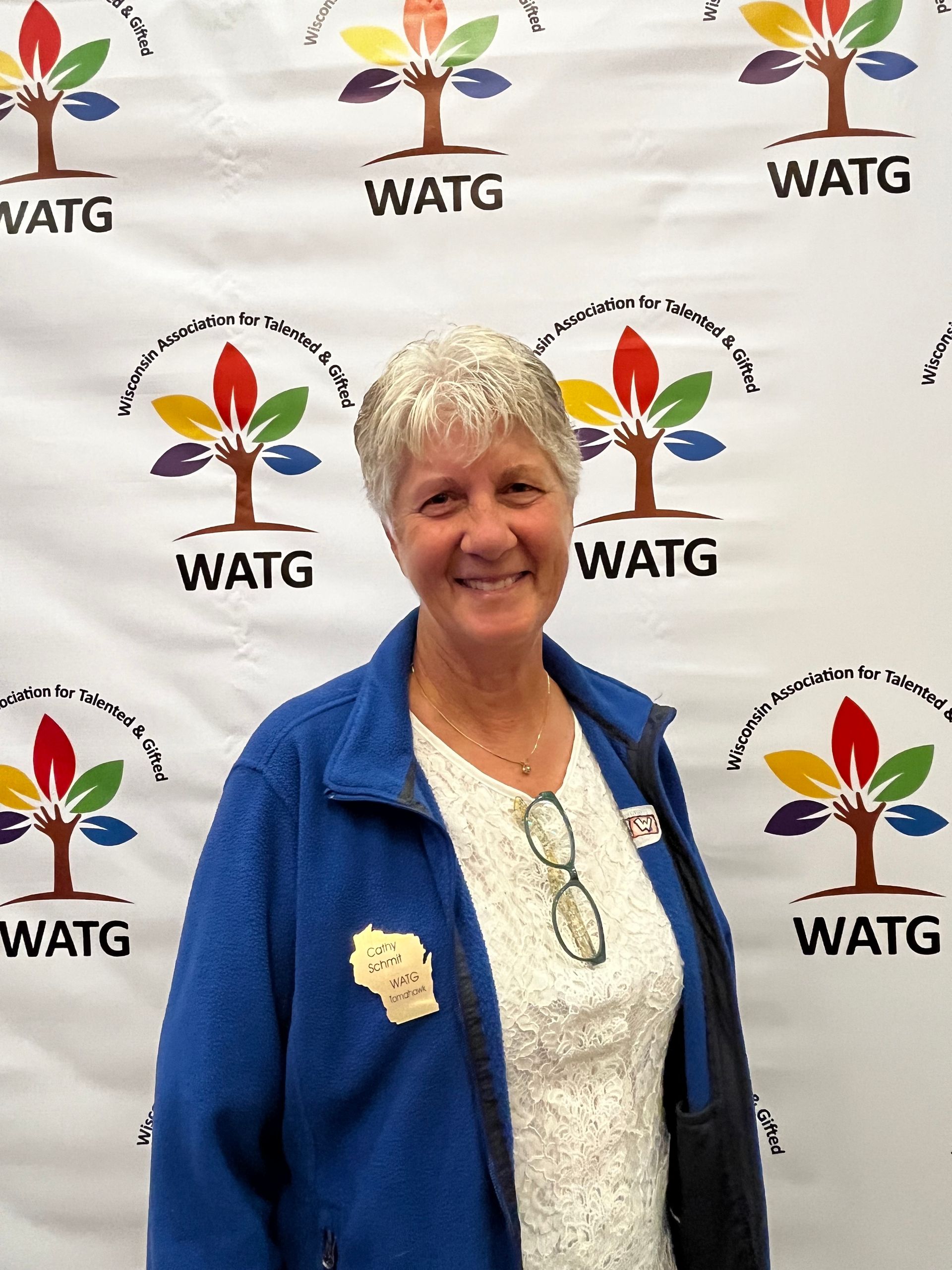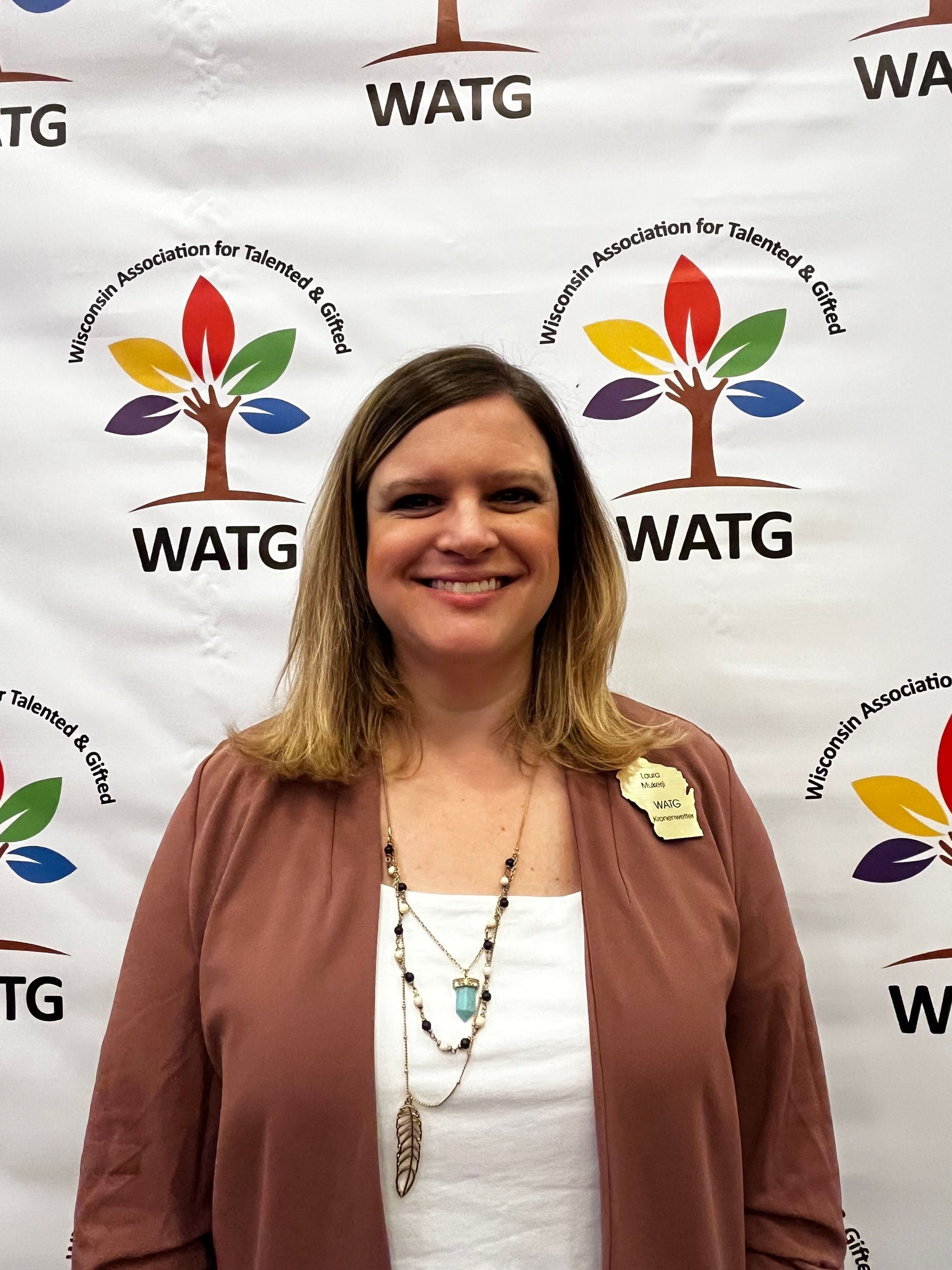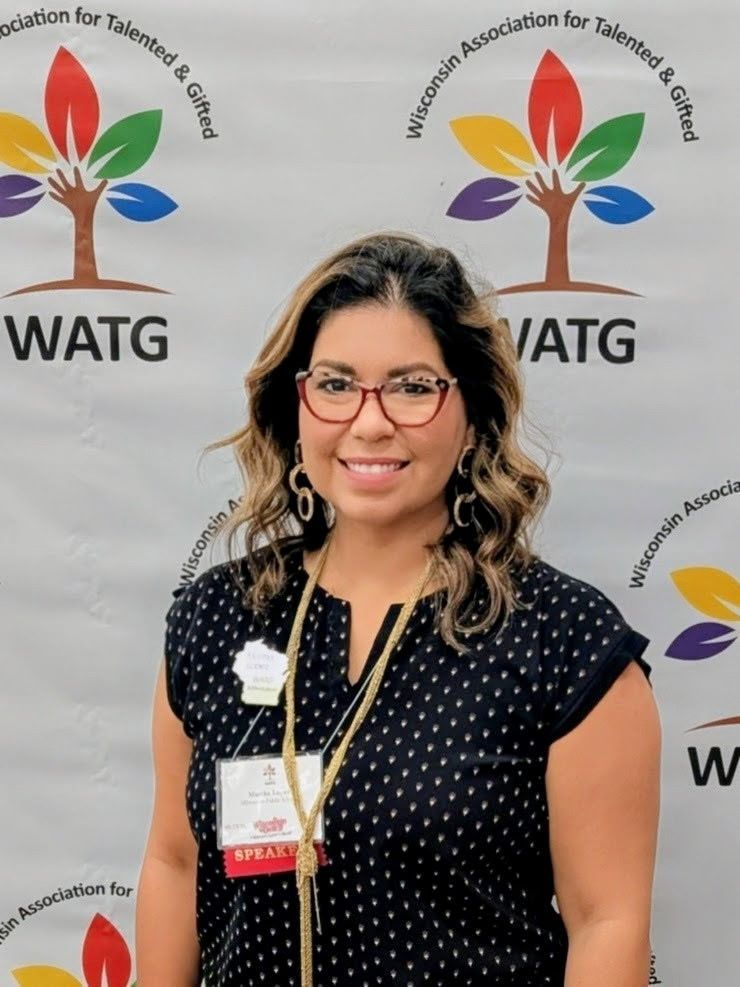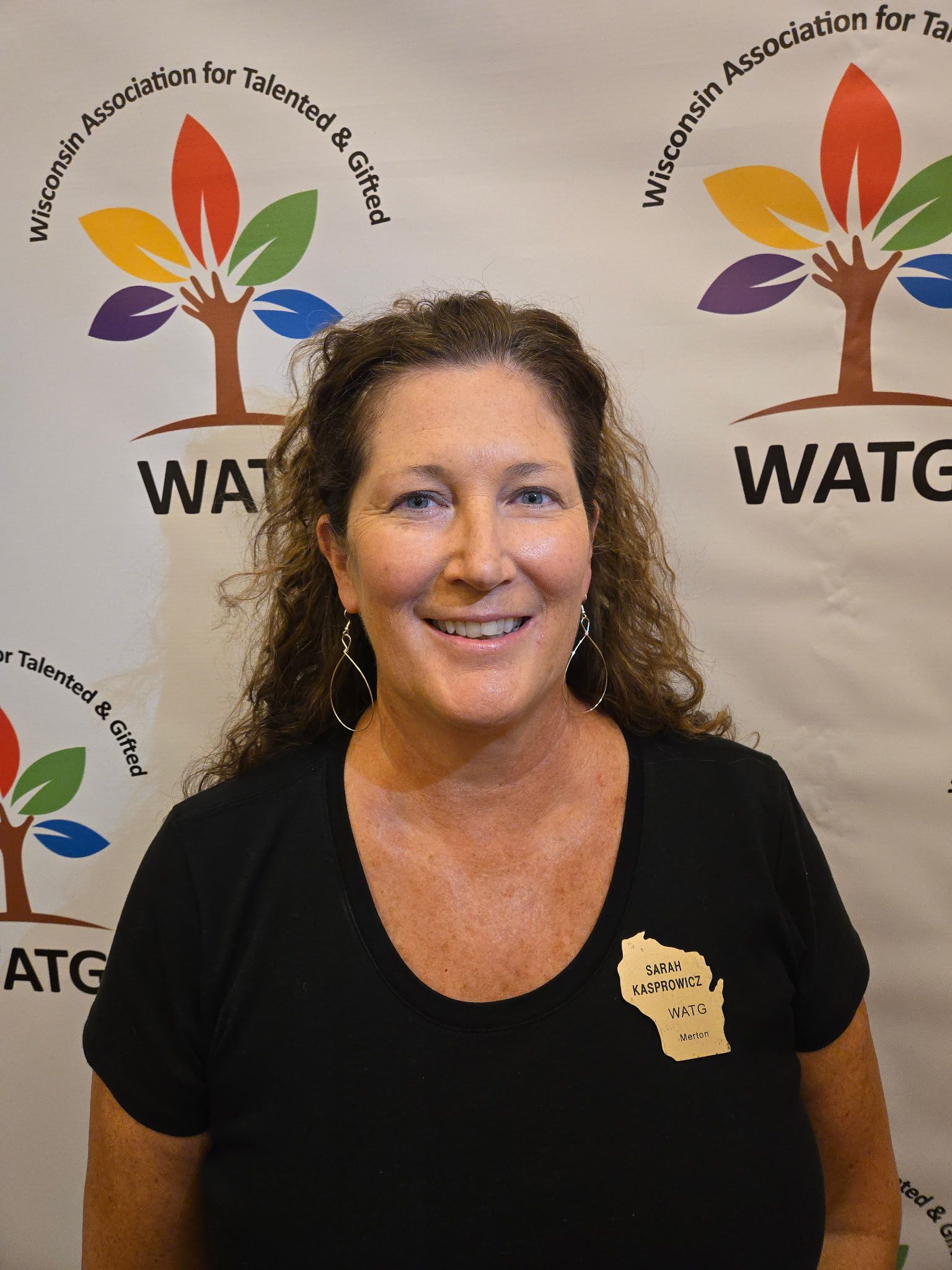Navigating Screen Time with 'Tweens and Teens
My husband and I have run SENG (Supporting the Emotional Needs of Gifted) groups for many decades. SENG groups are safe places for parents and caregivers to share the joys and challenges of parenting gifted children and to look for safe and non-judgmental support and advice. The topics most frequently discussed in these groups include:
- defining the characteristics of gifted children and adolescents,
- exploring communication and relationships,
- understanding motivation and achievement/ underachievement,
- sharing successful parenting strategies,
- dealing with intensity, perfectionism, stress, and executive functioning,
- working with twice-exceptional kids,
- understanding the importance of acquaintances, friends, peers, and family relationships,
- exploring schooling options,
- understanding values, traditions, and the importance of uniqueness as it relates to giftedness,
- discovering giftedness in oneself as an adult.
However, lately many parents/caregivers have been quite concerned about screen time for their children, especially for their ‘tweens and teens. They are aware of the lure of smart phones, the internet, and the virtual world. They understand that screen time is ubiquitous and are looking for guidance and reassurance as they navigate this world with and for their children. Because so many groups have been interested in this topic, I have chosen to research screen time more thoroughly. What do the experts say? What are families doing? How are parents/caregivers teaching their children that privilege and responsibility go hand in hand?
In a recent article (in English and Spanish) from healthychildren.org entitled
Kids & Screen Time: How to Use the 5 C’s of Media Guidance, the authors from the American Academy of Pediatrics advise using the 5Cs to guide media usage for children and adolescents. I have added some commentary that could be especially pertinent to parents/caregivers of gifted children.
The 5Cs of Media Guidance are:
- The Child – Who is your child? What is s/he interested in? How responsible is your child? What kind of media is your child attracted to? How healthy (in your opinion and with your family's standards) is this media? Is your child spending screen time to avoid face-to-face interaction; if so, why and what can be done about it?
- The Content – What is your child doing online? Does their online presence support a talent or hobby? Is their online presence wholesome? Is your child aware of the dangers of cyberbullying, dangerous content, or predators? Have you established guidance and rules about online presence (e.g., amount of time, when, where, etc.)? Are you willing/able to monitor your child's online presence? What will you do if you find objectionable content or behavior? Have you had conversations about violence, sexual content, or unreal standards of beauty or popularity? Are you willing to spend time online with your child and have critical conversations about content?
- Calm – It is no secret that many children, and often gifted children and adolescents, have difficulty falling asleep at night. Many use screen time ostensibly to help them relax. However, much literature suggests that screen time, especially right before bedtime, is detrimental to sleep quality. Additionally, many people use screen time to avoid dealing with troubling emotions, or to relax. If this is the case, speaking with professionals about this issue may help. There are many ways to calm our bodies and highly active brains without the use of screens.
- Crowding Out – In some families, excessive screen time “crowds out” other family activities. One family shared that they use a basket for cell phones during family time. Family time for them includes family meetings, meals, family games, and outings. There is an abundance of literature that suggests that our society is becoming increasingly more lonely. We are spending more time virtually, and “crowding out” rewarding face-to-face interactions with friends and family. This topic would make a great discussion with 'tweens and teens; families who have had this conversation have found it very interesting.
- Communication – Gifted children and adolescents often have strong opinions about, well, everything. Communicating with them about screen time is essential, and it must start early. Many families use the phrase “privilege and responsibility go hand in hand”. As children develop responsibility, adults can trust them with increasing privilege. Dr. Sylvia Rimm, of the Family Achievement Clinic, often refers to this as the “V of Responsibility”. Our youngest children (at the bottom of the V) generally show less responsibility and therefore have less privileges. As they grow in responsibility, the V widens – and these children and adolescents should naturally receive more privileges. Of course, if the privilege is abused, there are consequences.
Each family must navigate this territory in their own way, but keeping the 5Cs in mind, I hope, will help families navigate this more successfully. The work done when children are young will pay off as they mature.
If you are interested in learning more about SENG groups or becoming a SENG facilitator, please check out information on
WATG’s website.
As always, I welcome your thoughts; together we grow!
By Jackie Drummer, WATG Past President and Advisor
Addendum: I often receive feedback from thoughtful listeners. This post was especially helpful for Isabelle, a mom who was navigating online activity with her daughter. Isabelle generously provided me with this link, How Screen Time Affects Child Development, https://www.safetydetectives.com/blog/screen-time-and-child-development/. Thank you to Isabelle for her comments; I hope you will find this additional article very informative.
